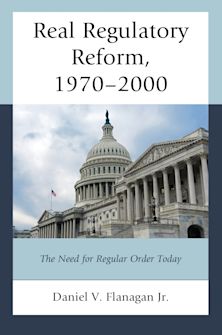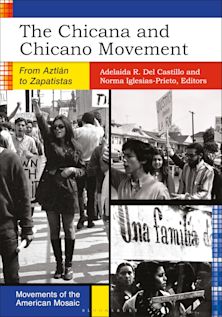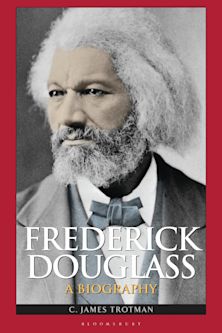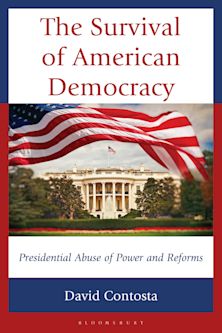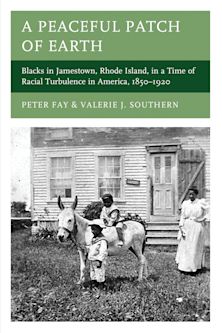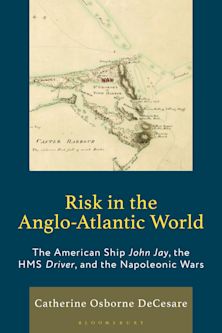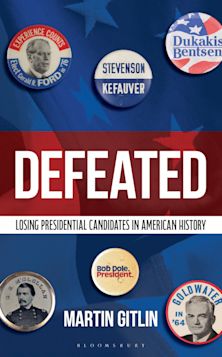- Home
- ACADEMIC
- History
- United States History
- JFK and His Enemies
You must sign in to add this item to your wishlist. Please sign in or create an account
Description
The famed 19th century humorist Finely Peter Dunne once commented that life “would not be worth living if we didn’t keep our enemies.” Certainly John F. Kennedy could appreciate the wisdom behind this observation. At nearly every stage of his noteworthy political career, which stretched from the dank, run-down tenement houses of Charlestown, Massachusetts in 1946 to the gleaming downtown skyscrapers of Dallas, Texas in 1963, Kennedy had collected his fair share of enemies.
Some, like Henry Cabot Lodge Jr. in 1952 and Lyndon Johnson in 1960, presented formidable political obstacles to his attaining higher office. Others, like Nikita Khrushchev during the Cuban Missile Crisis of 1962, threatened the very survival of the human race itself.
Regardless of the stakes, Kennedy always seemed to rise to the level of the domestic or international challenge presented. “Our problems are man-made, therefore they may be solved by man,” he said. To those who knew him best, this single-mindedness was not surprising. “He clearly wanted to establish a place in history,” insisted Robert McNamara, Kennedy’s Secretary of Defense. But being an historian himself, Kennedy realized that political success did not come easily or cheaply. It required individual strength of character, clarity of thought, and the ability to act decisively. “There are risks and costs to action,” he allowed. “But they are far less than the long range risks of comfortable inaction.”
Product details
| Published | 23 May 2014 |
|---|---|
| Format | Ebook (Epub & Mobi) |
| Edition | 1st |
| Extent | 256 |
| ISBN | 9781442213760 |
| Imprint | Rowman & Littlefield |
| Illustrations | 16 BW Photos |
| Publisher | Bloomsbury Publishing |
About the contributors
Reviews
-
Amid the recent cascade of new books on John F. Kennedy, Thomas Whalen has managed a rare and notable feat -- to offer a fresh and original perspective on the 35th president. By offering colorful profiles and vivid vignettes of the foreign and domestic leaders who confronted Kennedy at various stages of his career, the author briskly and skillfully illuminates his life and times, reminding us that a good way to judge a political figure is by the enemies he makes.
Michael Flamm, Professor of History, Ohio Wesleyan University
-
In a clear and fast-paced narrative style, Thomas Whalen convincingly illustrates that to understand John F. Kennedy, you have to appreciate his complex relationships with his many rivals. JFK and His Enemies depicts Kennedy’s role in the defining conflicts of his era, from civil rights to the Cold War, while shedding light on his personal charm, power, foibles, and contradictions.
Aram G. Goudsouzian, author of Down to the Crossroads: Civil Rights, Black Power, and the Meredith March Against Fear
-
Authored by a veteran presidential scholar, JFK and His Enemies is a clearly written introduction to Kennedy's myriad "enemies," ranging from Henry Cabot Lodge, Richard Nixon, Lyndon Johnson, Nikita Khrushchev to J. Edgar Hoover and Lee Harvey Oswald. Readers will find it interesting and absorbing.
James N. Giglio, author of The Presidency of John F. Kennedy
-
Thomas Whalen in this carefully crafted, admirably concise study demonstrates again that a man may be judged by the enemies he makes. Or, to paraphrase Sun Tzu, know your enemies and you will know yourself. Indeed, Whalen’s captivating analysis of John Kennedy’s adversarial relationships with the likes of J. Edgar Hoover, George Wallace, Richard Nixon and Lyndon Johnson illuminates the man and his times, deepens our comprehension of how JFK reached the pinnacle of power, and broadens our awareness of the complications he faced as president.
James W. Hilty, Professor Emeritus, Temple University, Author of Robert Kennedy: Brother Protector
-
If we can judge a man, in part, by the enemies he made, JFK will go down as a great one. His enemies were powerful men, with deadly weapons at their disposal. But JFK took them on without fear or hesitation. Thomas Whalen's book reads like a novel of political intrigue mostly because that was the fabric of Kennedy's life.
Randy Roberts, Distinguished Professor of History, Purdue University












